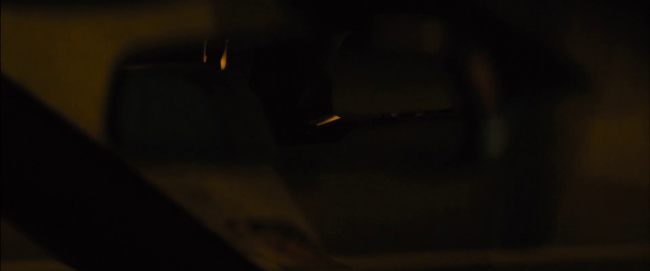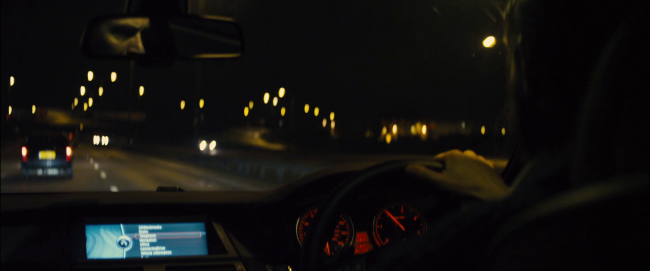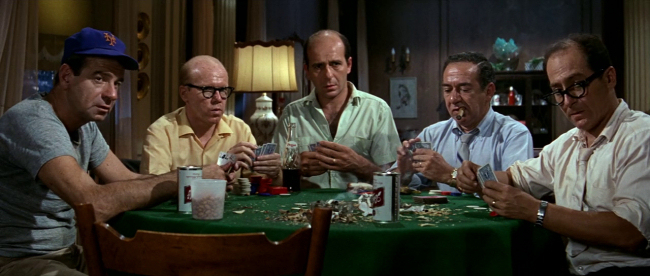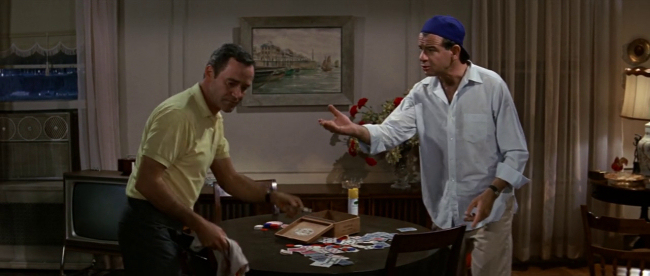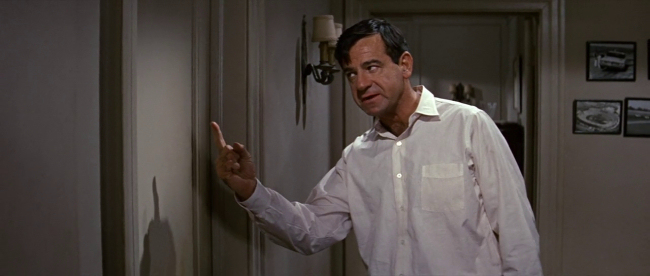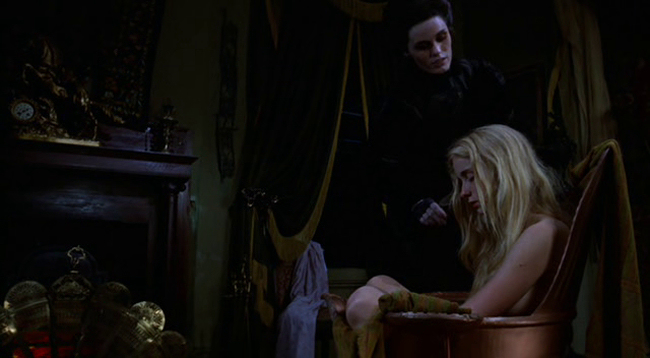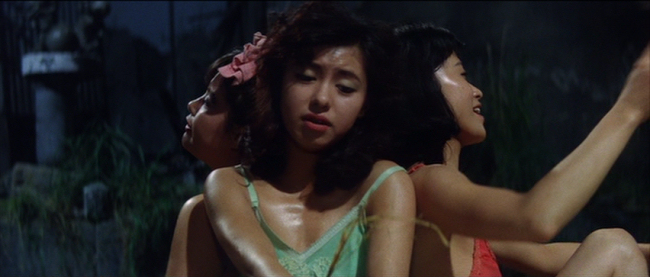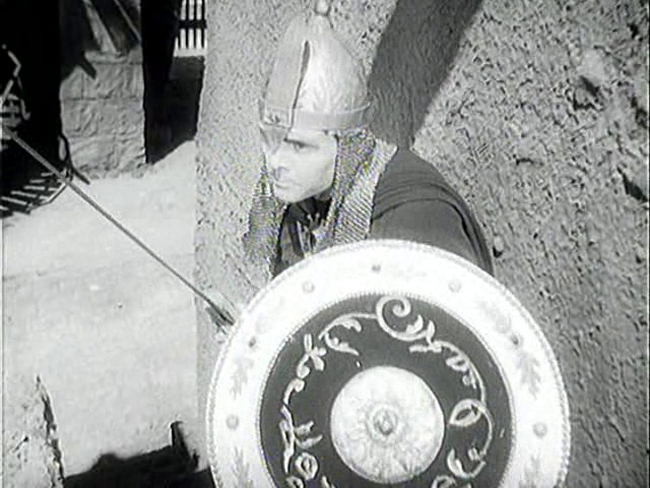
If this guy doesn't look like he'd eat babies to you it's because he's not Kronos, the titan who ate his children, but Captain Kronos--Vampire Hunter, star of the 1972 Hammer film that was supposed to be the beginning of a series that didn't pan out. It has one of the more impressively nonsensical plots for a Hammer horror film and its star is a bit lacklustre for the charming swashbuckler he's meant to be but the film is fun and has an engaging Dungeons and Dragons style party of adventurers at its centre.
This Kronos (Horst Janson) really hates people who eat people so he's pledged himself to eradicating them. He's a nobleman of few words, he has kind of a numb smirk on his face for the whole movie.

The first half of the movie switches between Kronos and his assistant, Professor Grost (John Cater), travelling about and unconnected scenes of different pretty girls being menaced by an off camera vampire. Kronos and Grost rescue a woman named Carla (Caroline Munro) from the stocks where she's been put for dancing. Throughout the rest of the film, she is often smirking beside Kronos and they have sex occasionally.

So how to foil a vampire menace? Well, luckily when you put dead frogs in boxes and bury them they come back to life when vampires pass over them. This, combined with a rather conspicuous looking system of red ribbons and bells tied to trees, helps them finally track down the home of the vampire. They send Carla in as a decoy to the front door while Kronos and Grost break in through the ceiling. Why did Carla need to be sent first? Maybe it was too complicated to explain to the audience.

There are some nice sword fights. Kronos uses a Japanese sword sometimes at first and then it randomly seems to change into a sabre in some scenes before he gets a special broad sword near the end.
I watched the whole film on YouTube where it's actually hosted on the official Hammer channel--so, for any snitches reading, restrain yourselves.
Twitter Sonnet #789
Unappeased cloud rain cover crumbles nuts.
Forgotten shells impair the barest sole.
A foot remained between the sodden huts.
Distance was breached by a courageous vole.
Eggs boiled are walking the blazing street.
Reminders now demand flyers to bake.
Spinach has turned to smoke on the concrete.
A rain drop flees for humanity's sake.
Unsought the ice has nonetheless melted.
A sheaf of curling irons reddened at dusk.
The brain with burning gingham was belted.
Wan grains are floating dry inside the husk.
Aghast the streamer golems gallop home.
Above the Queen Alien paints the dome.


